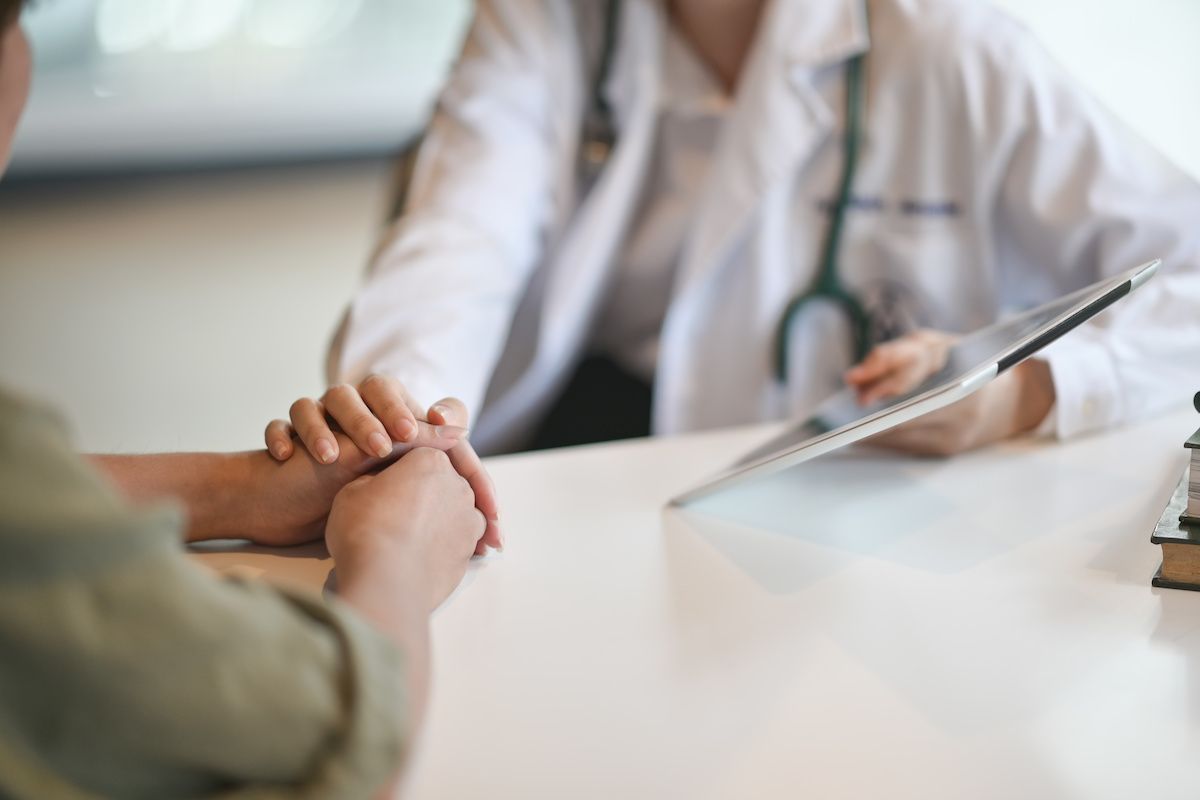Early menopause is a serious concern for young women with cancer
If you’re a woman under 40, you’re probably not thinking about menopause. But for young women who have had cancer, treatment-induced ovarian failure – often referred to as “chemopause” – is a very realistic concern.
Premature menopause is caused by a number of cancer treatments including chemotherapy, radiation therapy, surgical removal of the ovaries and hormone therapy. The most common cause is chemotherapy since some of the medications can cause irreversible damage to the ovaries.
The duration of treatment-induced menopause is hard to predict. It can be permanent, resulting in lifelong infertility, or temporary during treatment. Even if it is temporary, it may take several months for hormones to be regular again.
Symptoms of early menopause
Symptoms of treatment-induced menopause can vary in severity. Each woman experiences menopause differently. But the symptoms are usually the same as natural menopause. They include:
- Hot flashes
- Night sweats
- Irregular or no menstrual periods
- Insomnia
- Vaginal dryness, itching, irritation or discharge
- Loss of libido and interest in sex
- Painful intercourse
- Bladder or vaginal infections
- Mood swings or irritability
- Weight gain
- Depression
Managing symptoms
If you experience any of the early menopause warning signs, talk to your healthcare team about symptom management. They might suggest any or all of the following approaches:
Maintain good health
Exercise and diet is very important. Try to find an activity you enjoy like walking, bike riding or yoga. Drink lots of water and empty your bladder often to avoid bladder and vaginal infections. Try relaxation techniques, such as visualization, deep breathing, and massage to improve your mood and help with insomnia.
Stay comfortable
If you have hot flashes, or night sweats, wear light, breathable clothing and dress in layers. Try splashing cool water on your face and wrists for added relief.
If sex is uncomfortable or painful, use a water-based lubricant during intercourse or try practicing Kegel exercises to strengthen your pelvic floor muscles. These exercises also help the muscles relax.
Medication
Medicines that were designed to treat other health problems can sometimes help with early menopause symptoms. Your healthcare team may suggest:
- Medicine to treat high blood pressure
- Vitamin E tablets
- Antidepressant medicine
- Hormone replacement therapy - Supplemental estrogen and progestin can help replace some of the reproductive hormones your body can no longer make on its own. They’re often taken until the average age of menopause (about 50) to help prevent bone loss.
What you can do
Before treatment starts, talk to your healthcare team about fertility options and concerns. The Oncofertility Program at Roswell Park Cancer provides information about the risks of infertility from cancer treatment and available options for fertility preservation. Even during and after treatment, the Oncofertility Program addresses the sexual health of cancer patients and survivors and may help with intimacy concerns and sexual dysfunction. Ask your oncology team for a referral to the Oncofertility Program.
